Yuval & Russell
you must remember this, a kiss is just a kiss ...
Much has been made of the infamous kiss given by Russell Brand to YNH:
In this episode, I complete my series on Yuval starting, as always, with why it matters. Yuval is seen as the ideological voice of the World Economic Forum. He’s not a money power like Bill Gates, buying up the world’s farmland. His only power is ideas. Saying he’s evil and hating him doesn’t change anything, especially for challenging the ideology of the Great Reset.
What Russell does, in the 2018 Penguin Books presentation I’ll be reviewing, is agree with Yuval on some points and then use that agreement to challenge Yuval on others. I suggest we learn from this method in our conversations with people we’d like to persuade. I’ll be also summarizing two other Substack episodes I did on Yuval on Polarization with Esther Perel and on the Metawealth Miniverse.
Yuval Noah Harari & Russell Brand on The Future of Work.
YNH: What worries me, and this is why I say these things and use very provocative terms like ‘useless people’ and ‘useless class’ is to draw people’s attention to this potential danger because this should be one of the top items on the political agenda today. … We need to ask politicians, “What will you do about the coming automation revolution? What will you do to prevent the emergence of a useless class?”
In response to a question about what students can do, Yuval talks about becoming part of an organization or starting one because 50 people who cooperate are more powerful than 500 activists each operating on their own. Russell adds that students should democratize where they are. He states:
As evidenced by the society we live in now, a few people cooperating can dominate and control huge numbers of people. All of us are in that huge number being controlled.
One student asks about self-directed learning and Yuval says that the most important thing is focus:
Censorship actually works now by flooding people with enormous amounts of information. Whether true or not, it doesn’t matter. Just flood people with information to the degree that they can’t make sense of reality anymore. … The goal of schools isn’t to provide information anymore, it’s to provide a map of reality or the tools for someone to construct their own map of reality.
When Russell asks Yuval how he did it, he answers:
My method was to focus on the most important questions and then to go wherever they led me. … I have a question and I’m on this quest, wherever it leads me.
In his talk, Yuval mentioned the importance of philosophers because software engineers are, by default, making some of the most important ethical decisions of our time. He uses the example of self-driving cars that may need to choose between killing a child or diverting into a lorry full of people. Where these were hypothetical before, now it will do whatever the algorithm says.
Russell uses the example of GM deciding that it was cheaper to settle lawsuits than it was to recall faulty cars, so we know how the market will decide—by whatever’s the most profitable.
Yuval says “It’s so dangerous because so much power is concentrated in so few hands. They may have a background in engineering but they usually have no background in ethics and law and sociology and so forth.”
On the ‘useless class,’ Yuval says “It’s not a prophecy. If we make the right kinds of decisions today, we can prevent that dystopia from occurring. … Many jobs are not worth saving. What we need to protect is not the jobs but the humans. If we can take care of human needs and humans will have more leisure time and more opportunity to explore themselves, to develop themselves, to engage in art, community activities, meditation or sports instead of working so much, this is wonderful.”
Russell summarizes what Yuval is saying as all of us needing to educate ourselves on ethics and rather than looking at society and saying ‘how can we make ourselves fit in with it, we have to look at ourselves and say ‘how can we make society fit in with us.’
The premise that I put forward is that we should neither wholeheartedly believe nor reject what someone says based on who they are or their associations. Instead, we need to look at the person’s consistency within their own framework and how the statement fits with the logic that makes the most sense of the known facts.
Esther began with a very interesting point: in couples with long-standing arguments, the other person knows what the partner will say and is already prepared to oppose it. What can divert this opposition is surprising them with agreement, by acknowledging whatever is driving them to hold the position they have. … you can undermine the pre-rehearsed rant by not playing your part, starting on common ground, and seeing what happens.
So if you start with what gives the intensity behind the other person’s argument, you can free them to listen to something else because you’ve already said the thing they were going to say. Then you follow with, “And if we only were to listen to my position, here’s what else we’d be missing.” And then you’ve covered the next thing they were going to say. As Esther says, “We co-create each other in polarized relationships, we intensify each other.” So if we want the other person to see our view, we need to show we’ve listened to them.
Yuval paints such an alarming and repugnant image of the Great Reset that he seems to be warning us against it. At the same time, he points clearly to the solutions we need to take control of our own lives—upgrading the health of our bodies rather than intervening after they break down; producing our own food in active, energetic ways rather than being passive consumers; having family and ‘intimate community’ to whom we’re responsible rather than government and the market; using our labor to serve our own purpose rather than serving the rich, to whom we’re “useless, superfluous, worthless and meaningless,” in his words.
As the spokesperson selling us The Great Reset and transhumanism, I have to wonder if Yuval is a ‘truth double-agent.’ He states that people were healthier and had easier lives when they were hunter-gatherers before agriculture forced them to work harder and for the owners of the land. He speculates that people were likely happier in the 1700’s when they were surrounded by large families in groups of around 200, to whom they mattered, rather than being “isolated and alienated”—again, his words! But, he says, it happened and humans are malleable and survived.
In the video, I apply this to seven readers who dropped me because I used the term ‘climate change.’ One wrote in an email, “I like most of your posts, but ‘climate change’ is a hoax and you are losing my support on that comment. Cheers!” Another posted, “Lady, the climate has been changing for billions of years and is going to continue doing so whether people like it or not! How about not playing the stupid Doublespeak game and say what you mean? If you are referring to "global warming" you need some climate education. … To blame nonexistent "global warming" on carbon dioxide is not only rediculous, it is psychotic, delusional. And to deindustrialize entire societies, take away vitally necessary energy sources, and cause the mass starvation of millions of people in the process is beyond criminal! There are extremely evil people on this planet pushing an insane, evil agenda of Mass Depopulation, and you are FALLING FOR IT! Wake up!”
As I explained to friendly objectors, this video was from two years ago. Today I’m not sure what I believe because, on the one side, it’s THE narrative that’s been weaponized. But the other side seems to be full profits ahead with no concern for the environment or for people. What I like about regenerative agriculture is that it doesn't matter if climate change is real. It protects local food sovereignty, builds back the soil from chemical dependence, facilitates animal husbandry and a diverse food shed, eliminates factory farming, and provides local jobs and locally owned farm land. And grasslands pull CO2 from the air and plant it in the soil where it feeds the cycle of life.
I don’t know what I’m wrong about now, but I know there’s something … lots of somethings. I’ll look back in two years shaking my head that I ever believed it. As I say in this video, to stop being wrong means you’ve stopped learning. So I hope we can keep finding common ground and being patient with each other and ourselves.
and here are the two Yuval episodes I posted from YT to Substack:
In Russell Brand's interview, Yuval looks at nations as spells cast by legal shaman. I answer that we need economic witches to take back the commons. I look at how nations prevent people from feeding themselves in India and profit from climate change at the COPs. Yuval states that nations make us care about the stranger but I find Israel negates that point. I imagine California breaking into 4 Swedens or 100 Icelands to be a manageable size for matrix government. Nuclear disaster, climate change, and runaway technology can all have small solutions more effective than the patriarchal pyramid of power.
'Connectualizes' Russell Brand's interviews of six atheists: Yuval, Yanis Varoufakis, Bret Weinstein, Heather Heying & Edward Snowden, with four theists: Iain McGilchrist, Alister McGrath, Ben Shapiro & Sadhguru. Looks at moral superiority as a more important dividing line than religion. Quotes Yuval in saying that money is the most successful story ever told, and Yanis that democracy is a fig leaf for oligarchy. Explains the 'truthish lies & legal fictions' of nations, corporations & money as stories that normalize both physical and economic violence.


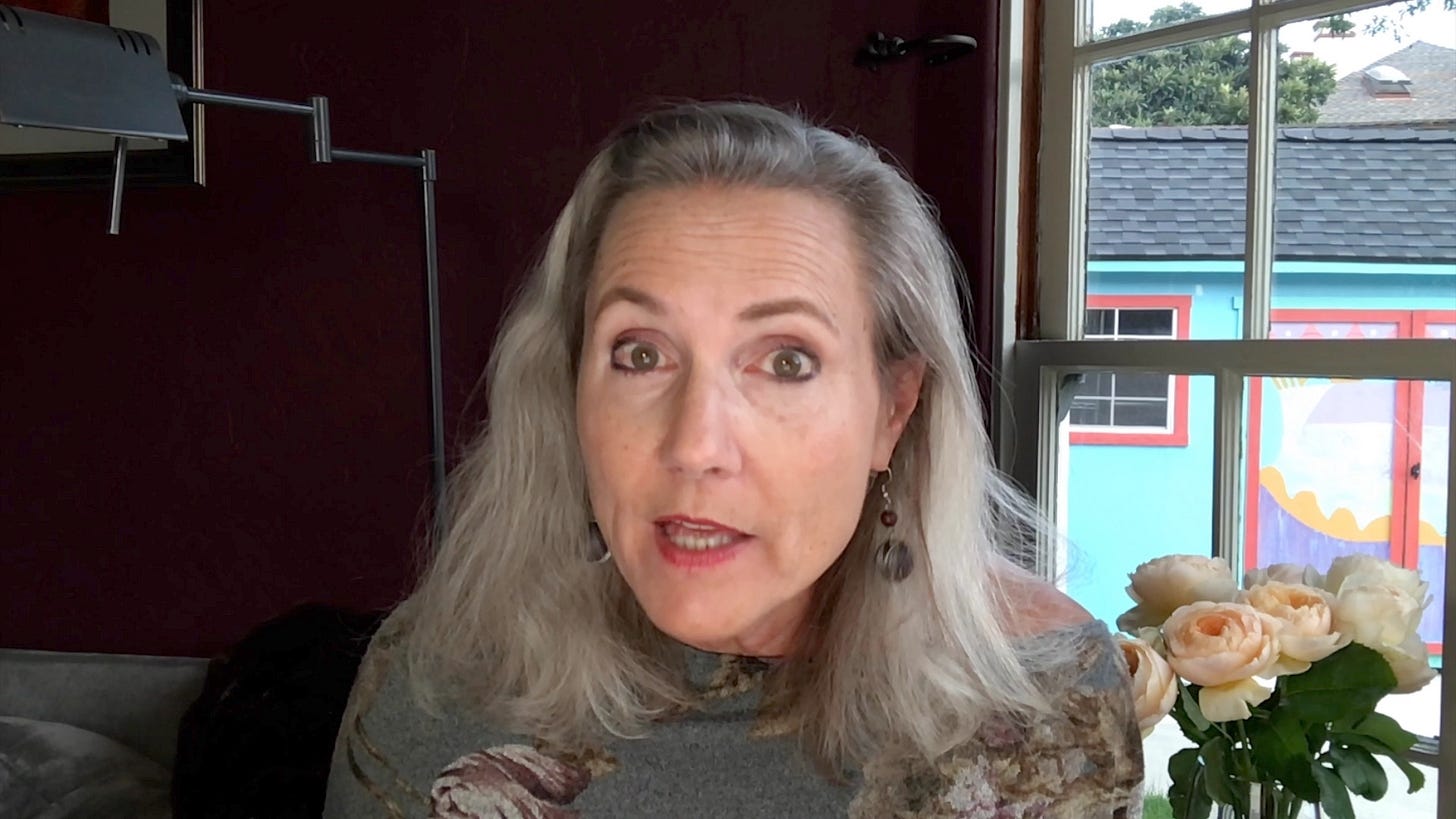
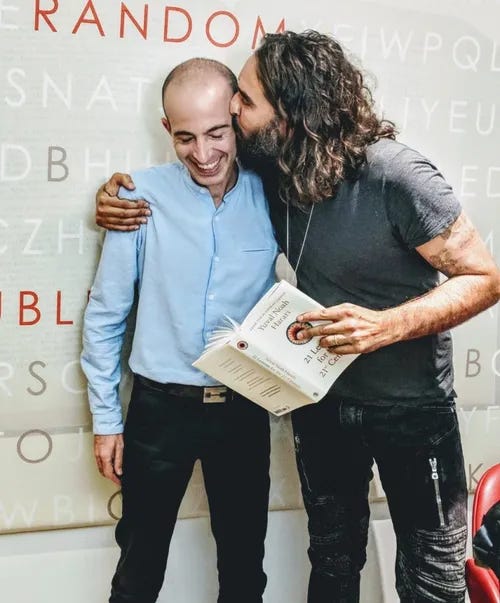
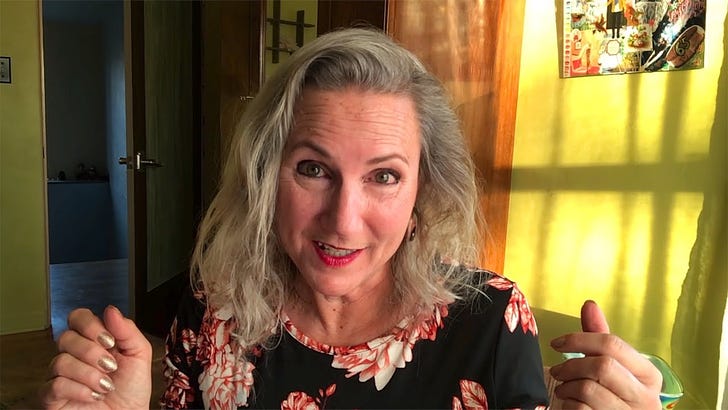
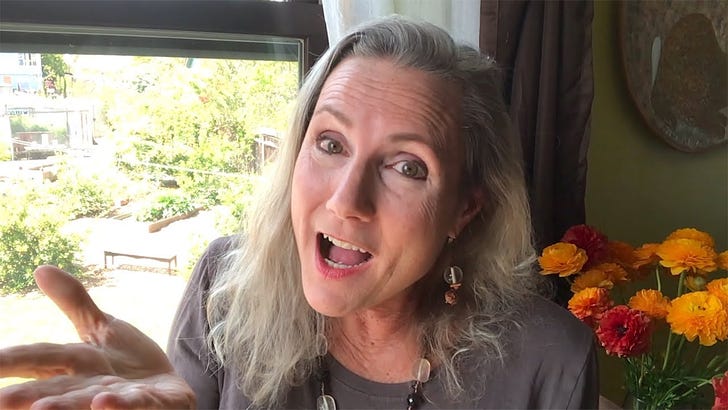
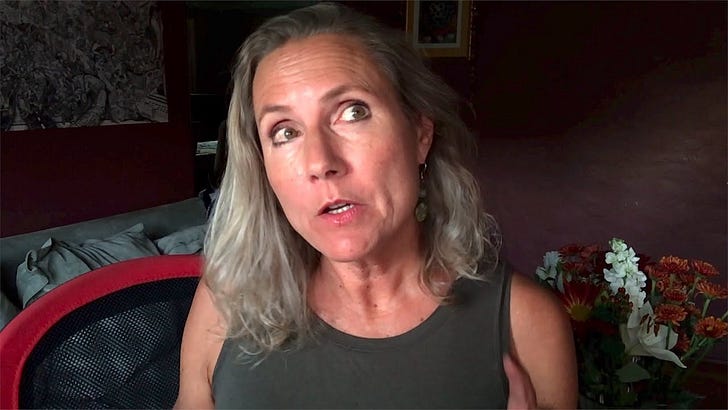
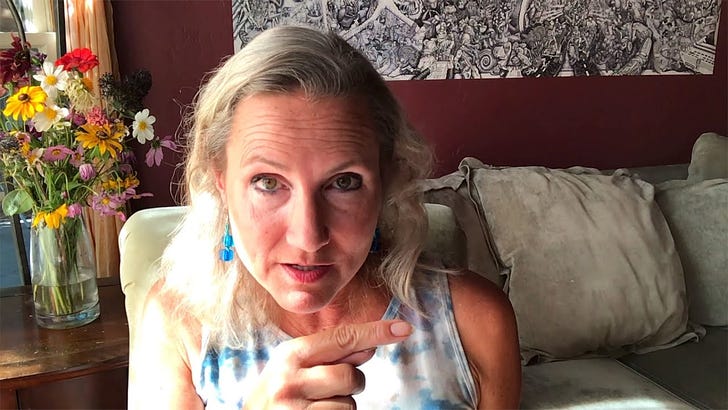
Apropos to this conversation, Jimychanga just posted a Redacted interview of Whitney Webb where she talks about the WEF and Harari. She states that the WEF's objective is a world of private-public partnerships aka corporate capture of gov'ts, which is the definition of fascism. Her view of Harari is that he makes the Automation Revolution seem inevitable and so it's better to be exploited than to be irrelevant. That pushes the desire for augmentation, and also for people to put pressure on gov'ts to solve the problem of 'useless people' when it doesn't exist, and will never exist, imo. And I mean that on a practical level not just moral. So maybe that's the end game. Highly recommended on Epstein, WEF and WHO: https://jimychanga.substack.com/p/jane-street-and-effective-altruism.
As two readers just noted, James Corbett reviewed Harari's book Homo Deus. Here's the direct link to his site: https://www.corbettreport.com/harari/.
This is the comment I posted there after watching: "I’ve now finished listening and I think we’re answering two different questions. Yours is “Do we agree with what YNH says?” With the exceptions noted [nations and money], which I think are useful for promoting small-scale sovereignty, the answer is clearly no. An implicit question in yours is “As the public-facing voice of the WEF, should we ignore him?” I think the answer is ‘at our peril.’
Harari is a treasure trove–or dung hill–of clues about the propaganda campaign of the WEF. I think he’s exposing their weaknesses (how robust AI really is) along with their intentions. And that has nothing to do with the useless eaters, although depopulation is absolutely their agenda.
And on Russell, I agree with his method: love the people, challenge the ideas. Don’t give someone a pass on sloppy thinking because you like them or they’re ‘on your side.’ And don’t reject the person and give up your ability to argue their ideas.